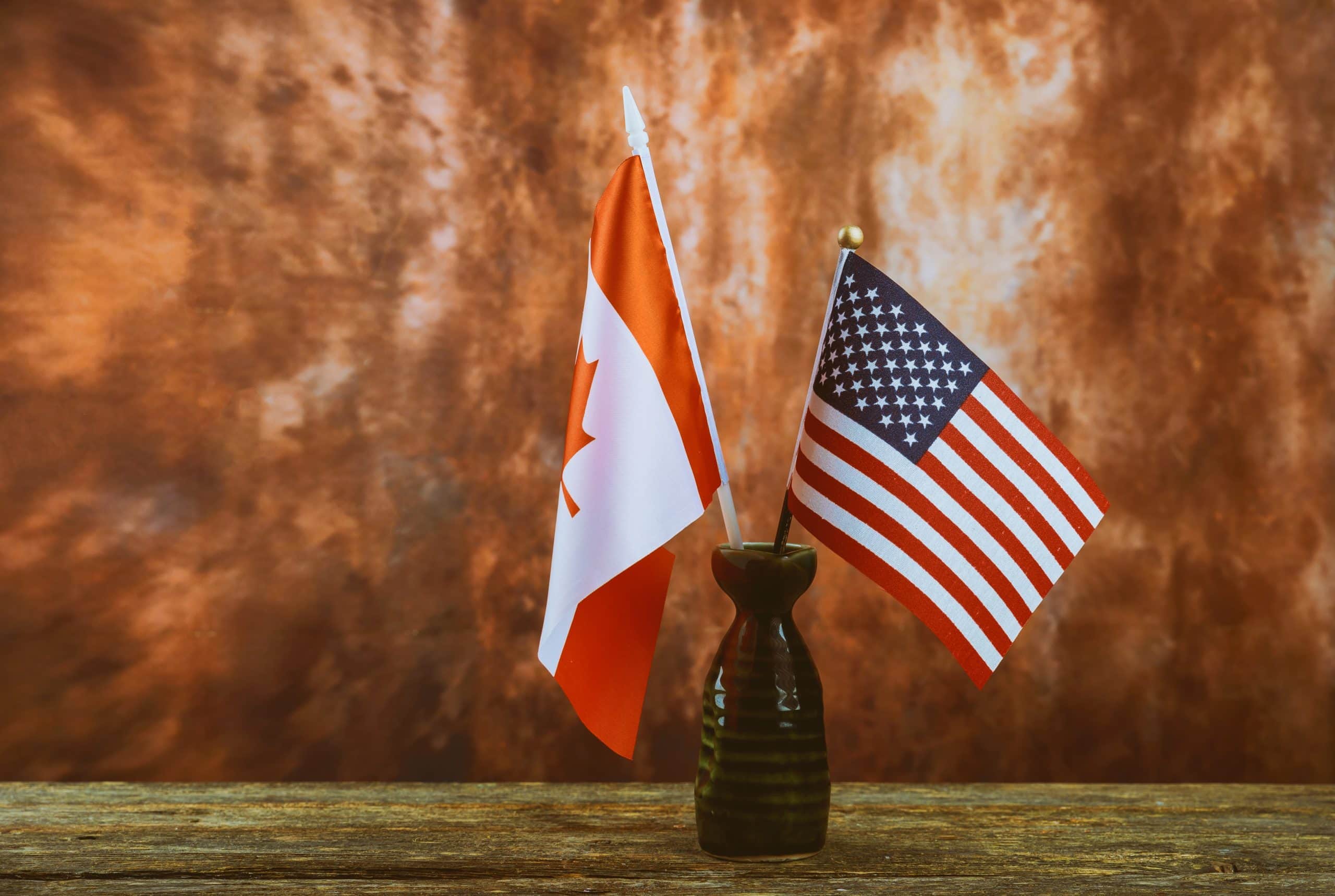Top Rated Criminal Lawyers | Call Us 24/7 AT (416) 658-1818
Travelling to the United States with a criminal record can be challenging. Decisions and choices made in the past can have significant implications on your ability to cross international borders. This article provides a comprehensive guide to understanding the restrictions and requirements for entry into the United States with a criminal record.
If you have a criminal record, no matter how minor or how long ago the offence, you may be refused a visa or entry to the United States. Even if you have been accepted in the past, you can be denied entry based on the disclosure or discovery of your criminal history.
If you attempt to gain entry without declaring a present or past criminal record, the consequences can be severe, including permanent ineligibility or detention in the U.S. Department of Homeland Security (DHS) enforcement facility while a Customs and Border Protection (CBP) officer determines your admissibility.
A Canadian citizen must fill out a waiver to determine admissibility if they have a criminal record. The waiver application process can be lengthy, taking up to a year, and costs $585.00 USD per application regardless of the outcome. Completing an Application for Advance Permission to Enter as a Non-Immigrant (Form I-192) can be accessed by CBP or U.S. Port of Entry or any Canadian Airport.

The following factors can affect your admissibility:
Certain offences are more likely to render a person inadmissible, including:
Even though a discharge is not a conviction, it is still evidence of guilt. Depending on the seriousness of the discharge, it may affect whether or not you will be granted entry.
Examples of Admissible and Inadmissible Cases
A peace bond is not an admission of guilt and will not result in a criminal record. However, authorities will have a record of the peace bond, which may affect your ability to travel to the U.S. It is advisable to wait until these records are removed before attempting to travel.
To enter the United States despite a criminal record, you can apply for a waiver of inadmissibility. This process involves completing Form I-192 and submitting it to CBP at a U.S. Port of Entry or Canadian airport.
Costs and Time
The application costs $585.00 USD and can take up to a year to process. You will need to submit various documents, including fingerprints, police records, and a personal explanation of the circumstances surrounding your criminal offences.
Legal Assistance
The process for obtaining a waiver can be lengthy and complicated. Seeking guidance and assistance from a lawyer experienced in U.S. immigration law can increase your chances of a successful application.
U.S. Customs agents are entitled to search your cell phone, laptop, or other electronic devices without a warrant or reasonable grounds. They can demand your password and access any files stored on your device. However, they cannot use your device to access files stored remotely.
Consequences of Non-Compliance
Answering falsely to questions posed by customs agents or refusing to provide passwords can result in being denied entry and potentially damaging future attempts to enter the United States. If you are concerned about the content on your electronic devices, consider leaving them at home.
Despite the legalisation of recreational marijuana in Canada, U.S. federal law still considers marijuana an illegal drug. Admitting to using marijuana, even without a criminal record, can result in being denied entry to the United States.
Federal vs. State Laws
Although some U.S. states have legalised marijuana, federal law governs international borders. Therefore, possession of marijuana is treated as a criminal offence at the border.
Advisability
Officials advise that asking about cannabis use will not be routine for U.S. border agents. However, if asked, you should not lie. You can refuse to answer, which may result in being denied entry for that day, but it is better than providing false information.
While pardons (record suspensions) can assist in job applications, volunteer positions, or home rental applications in Canada, they do not necessarily help with travelling to the United States. U.S. customs do not recognize Canadian pardons. Your criminal offence will still appear in a CPIC check and be considered by customs agents in determining your admissibility.
Understanding the restrictions and requirements for travelling to the United States with a criminal record is crucial. Disclosure of your criminal history is mandatory, and failure to do so can lead to severe consequences. Specific criminal offences, discharges, and peace bonds can impact your admissibility. Applying for a waiver of inadmissibility is a detailed process that requires careful attention and legal guidance.
Consulting with an experienced lawyer can help navigate these complexities and increase your chances of successful entry into the United States. By maintaining honesty and understanding the legal framework, you can better manage your travel plans and protect your rights.